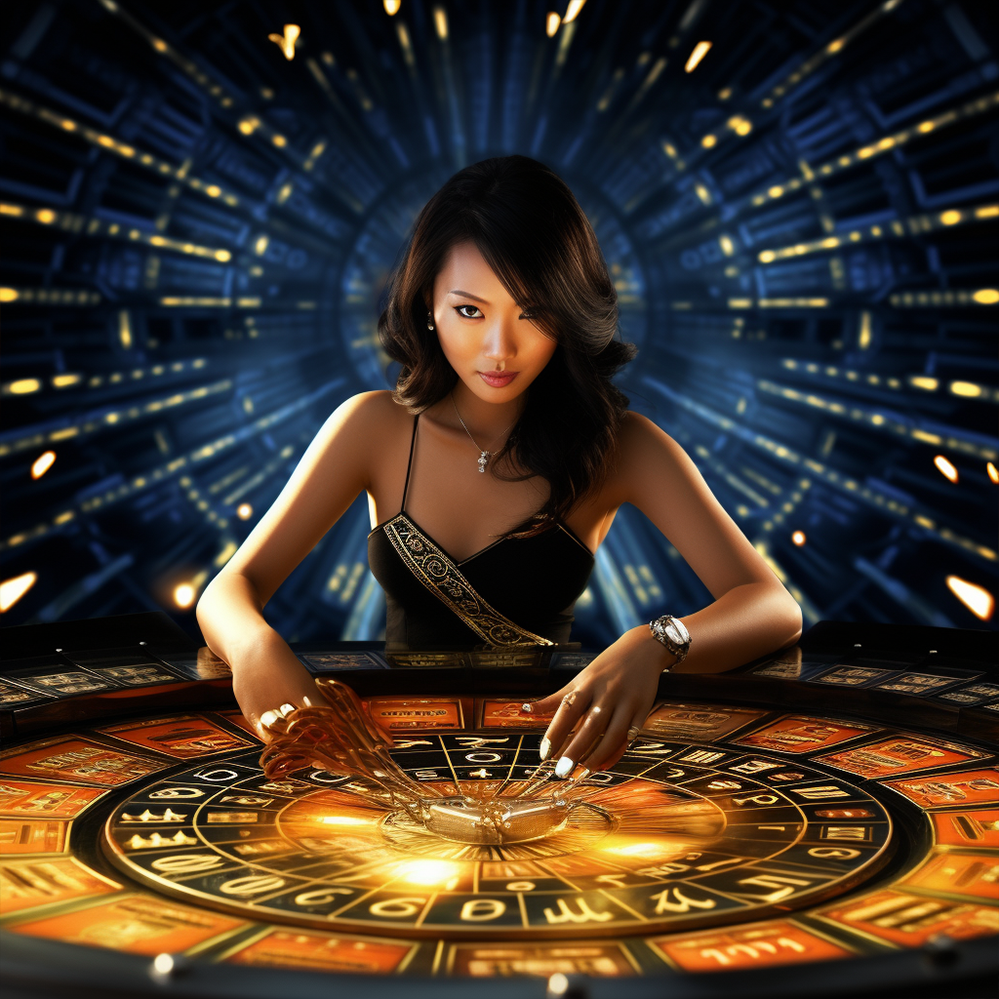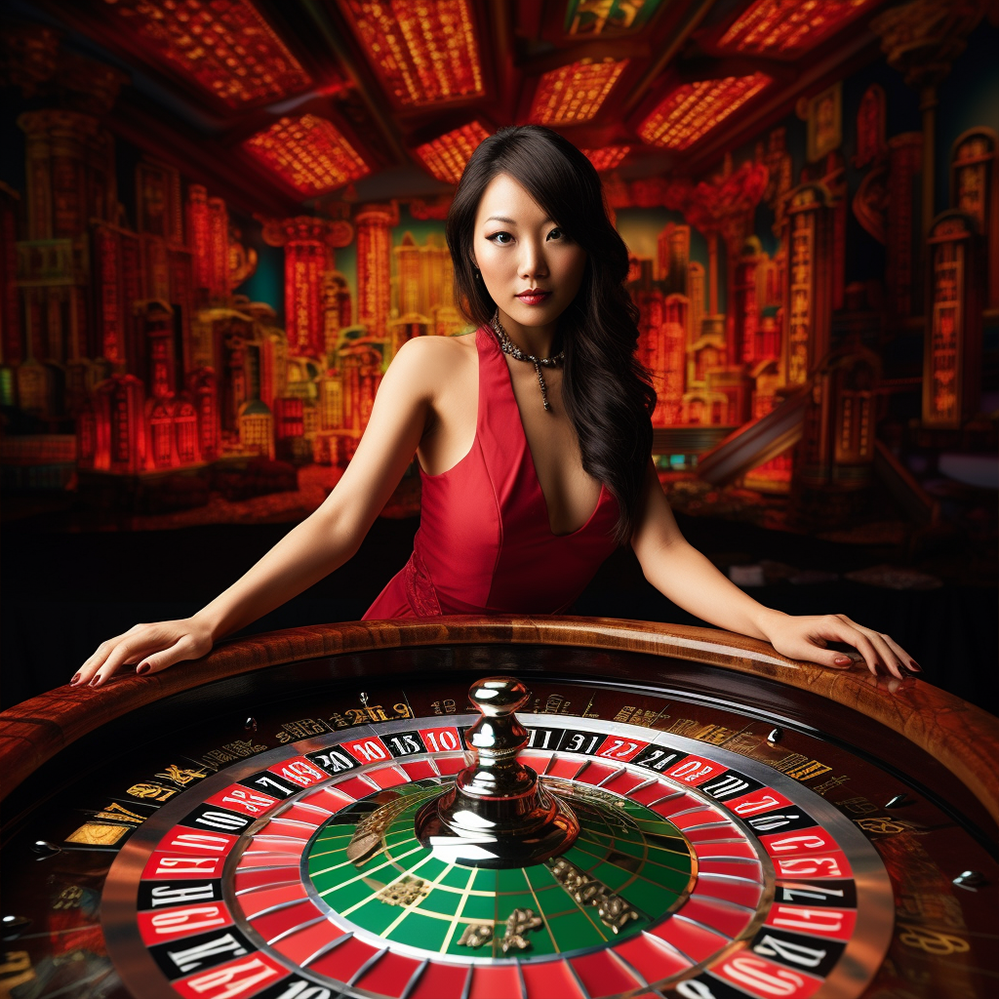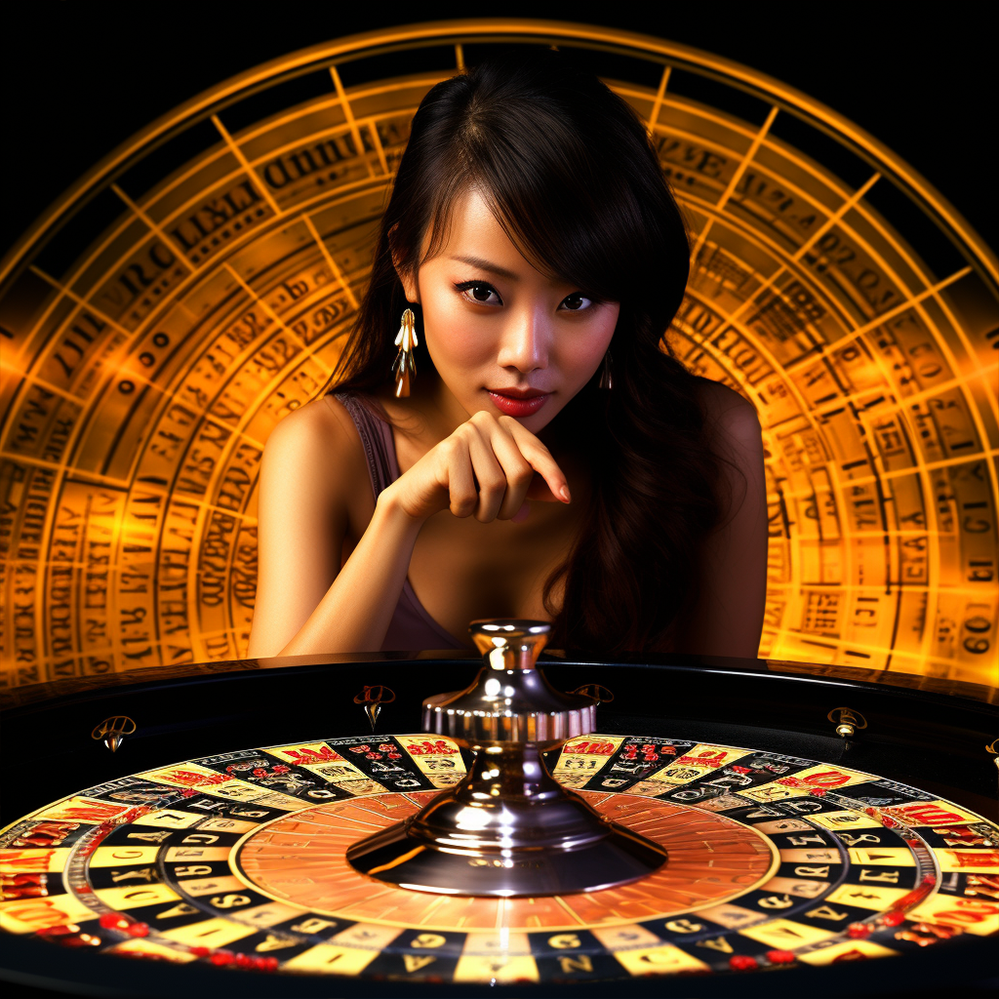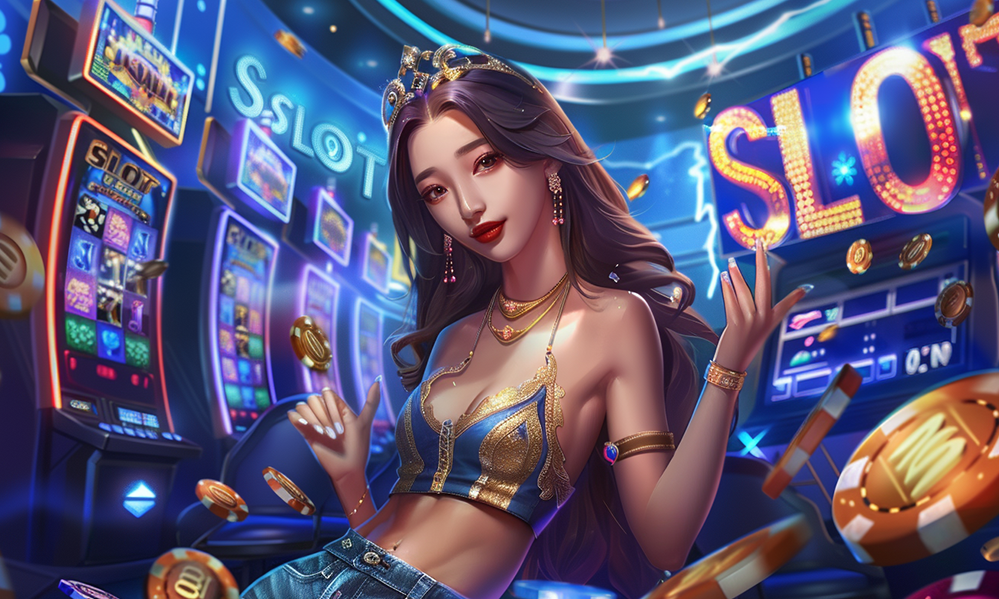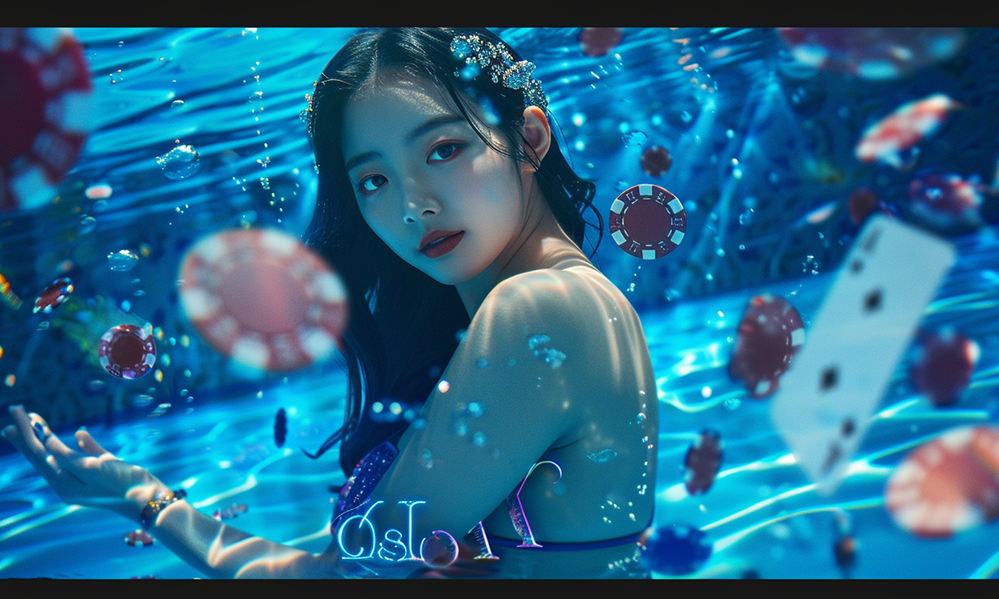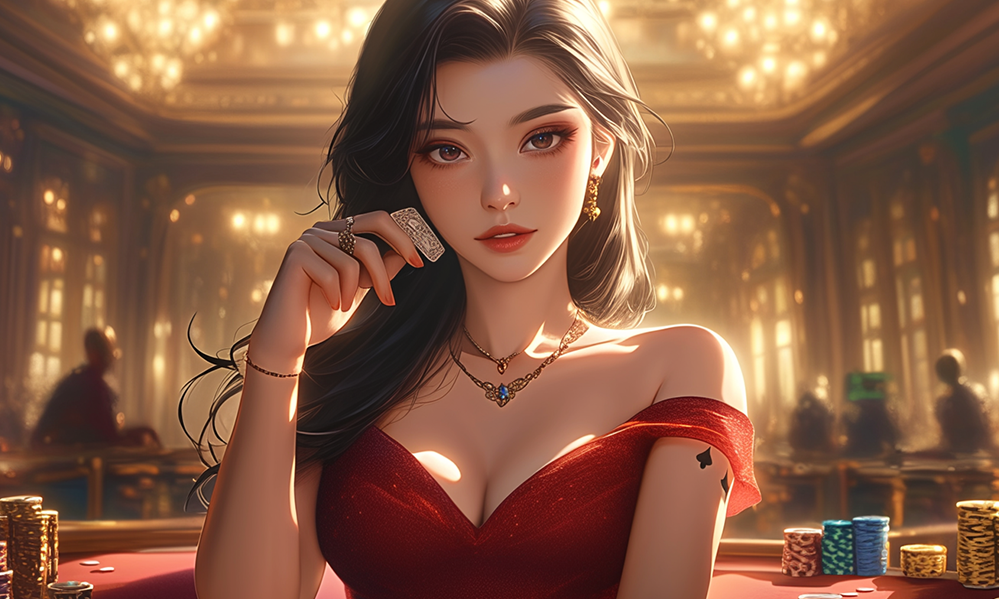- Trang Chủ
- 777PNL login RegisterFilbet
- 777PNL login Registerjilieagle
- 777PNL login Registerjilieagle.cc
- 777PNL login Register30JILI
- 777PNL login Registerjilieagle.cc
- 777PNL login Registerjilieagle.cc
- 777PNL login Registerjilieagle.cc
- 777PNL login Registerjilieagle.cc
- 777PNL login Registerjilieagle.cc
- 777PNL login Registerjilieagle.cc

In the grand tapestry of the English language, there are few words that command as much attention and admiration as the word royal. As an adjective, "royal" conjures images of grandeur, authority, and splendor, creating an aura of majestic elegance. Whether it's used to describe a person, a place, or even an experience, this word elevates whatever it touches, turning the ordinary into something extraordinary.
Imagine walking through the doors of a "royal palace." The very use of "royal" changes your expectations. It’s not just any palace — it’s a grand, imposing structure where history, culture, and prestige have converged. The addition of royal immediately transports you to a world of kings and queens, of golden thrones and glittering chandeliers. Language works in much the same way. By inserting this adjective into your vocabulary, you lend your words a sense of importance, style, and grace that is hard to rival.
Beyond its literal meaning, royal as an adjective infuses a metaphorical depth into the English language. Consider, for instance, the phrase royal treatment. Here, the word suggests a level of care and luxury that exceeds normal expectations. This isn’t just good service; it’s an experience that mirrors the lavish lifestyle of royalty. The subtle power of this adjective allows us to convey specialness, even in common contexts. Whether describing a customer service experience, a vacation, or an event, saying it was royal elevates it instantly. The word imbues an emotional quality that communicates not only excellence but also exclusivity.
The adjective royal also plays a pivotal role in branding and marketing. Countless brands use the word to evoke feelings of superiority and class. From "Royal Dutch Airlines" to "Royal Caribbean Cruises," the choice of this adjective adds a layer of perceived quality and luxury. Consumers are drawn to these names, associating them with a promise of exceptional experience. In this case, language becomes more than communication—it becomes a powerful marketing tool. The word royal encapsulates an image that goes beyond mere functionality and speaks to a customer’s desire for status and a taste of the finer things in life.
Beyond its application in everyday speech and marketing, royal connects to deeper cultural meanings. Throughout history, royalty has been revered and respected. To be royal was to be divinely chosen, set apart from the common people by birthright or merit. By using the adjective royal, we link ourselves to this long tradition of reverence. The word doesn't merely suggest power, 10jili it suggests authority with grace. It’s no surprise that we use it to describe things of value—royal weddings, FC 777 slot login royal processions, Abc Jili com download and even royal family members. These events are steeped in tradition, Winph99 com m home login ceremony,Jilipay and a sense of timeless importance, all encapsulated by one powerful word.
In literature, this word takes on new life as authors use it to evoke majestic imagery and powerful emotions. Shakespeare, in his plays, often employed royal to describe characters and their status, symbolizing not just power but moral and ethical weight. This adjective lends itself beautifully to storytelling, offering writers a way to infuse their characters or settings with an inherent sense of grandeur and nobility. For readers, it provides a visual and emotional shortcut to understanding the elevated status of whatever is being described.
The adjective royal is not just reserved for the lofty or historical. It’s a versatile word that finds its way into modern contexts with equal impact. In fashion, for example, wearing a “royal blue” dress immediately suggests a look of elegance and refinement. Royal blue, a rich and deep hue, is associated with power and sophistication. This use of royal transcends its traditional association with monarchies, becoming a marker of style, taste, and confidence. When someone wears a color dubbed royal, they are making a statement about how they wish to be perceived—elevated, important, and unmissable.
777PNL login RegisterkfcjiliEven in contemporary social life, royal has found a place in colloquial expressions. We often say someone has had a "royal good time" to emphasize the extraordinary enjoyment or fulfillment of a moment. The use of the word here signals that the experience was above the ordinary, exceeding even high expectations. The adjective royal has become shorthand for excellence and heightened experiences, whether it’s about a meal, an event, or a vacation. By incorporating it into casual conversation, we subtly imply that what we’re discussing is worthy of admiration.
Moreover, in pop culture, royal has taken on new dimensions. Shows like The Crown or Bridgerton, both of which focus on royal families and high-society life, reinforce the word’s association with intrigue, status, and opulence. Fans of these series often become fascinated with the rituals and regalia of royalty, and in turn, the word royal becomes imbued with drama and allure. Even beyond these specific shows, royalty remains a captivating subject that blends power with pageantry, giving the adjective royal a timeless appeal in global media.
The power of royal as an adjective also lies in its ability to be aspirational. It encourages us to think of ourselves as worthy of luxury and exceptional treatment. When we describe our lives, even in small ways, as being royal, we tap into a fantasy of grandeur. Whether it's indulging in a "royal breakfast" or receiving "royal care" at a spa, the adjective has the unique ability to turn mundane moments into celebrations of self-worth and indulgence. This aspirational quality is what makes the word royal so magnetic—it invites us to see life from an elevated perspective, one in which we are deserving of the finest things.
Even in the corporate world, royal can signal something of high value or importance. Terms like royal assent in governance, or the royal charter for prestigious institutions, show that the word carries significant weight in official contexts. It marks the approval of something that is meant to last, something that has passed rigorous standards and holds high authority. In this way, the adjective royal is both a recognition of excellence and a marker of significance. It underscores the importance of the institution, person, or event that it describes.
In conclusion, the adjective royal is one of the most powerful and elegant words in the English language. It has the ability to transform language by injecting a sense of importance, beauty, and prestige into everyday situations. Whether used in marketing, literature, or casual conversation, this word bridges the gap between the ordinary and the extraordinary. The next time you describe something as royal, remember the weight and history behind the word. You’re not just elevating your speech—you’re connecting to centuries of majesty, power, and allure. In doing so, you’re allowing your words to wear a crown of their own, and the effect is nothing short of majestic.
Jili77 login registerwww.nickelback-forum.com


